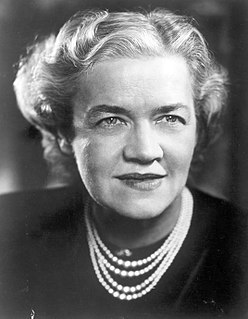A Quote by Susan Sontag
Rules of taste enforce structures of power.
Quote Topics
Related Quotes
The mistakes (of leaders) are amplified by the numbers who follow them without question. Charismatic leaders tend to build up followings, power structures and these power structures tend to be taken over by people who are corruptible. I don't think that the old saw about 'power corrupts and absolute power corrupts absolutely' is accurate: I think power attracts the corruptible.
I'm sometimes asked why it is that for 30 years we seem to have trouble in the United States enforcing the rules against illegal immigration, and I'll tell you what the answer is. The answer is that when the television cameras turn off and the spotlight moves to something else, there are a host of interest groups and advocacy groups who work very, very hard to make it difficult to enforce these rules. I'm not commenting adversely on their motivation, but I can tell you the effect of all of this is to wear down the ability of an agency to enforce the law.
Many of our students want to do what they have done and that has made them successful thus far in their lives: play by the rules, and do what is expected. But as much social science research and writing by Malcolm Gladwell, among others, make clear, the rules are mostly created by those already in power so obtaining power often entails standing out and breaking rules and social conventions.
Human physical structures and intellectual structures are generally studied in different ways. The assumption is that physical structures are genetically inherited and intellectual structures are learned. I think that this assumption is wrong. None of these structures is learned. They all grow; they grow in comparable ways; their ultimate forms are heavily dependent on genetic predispositions.

































